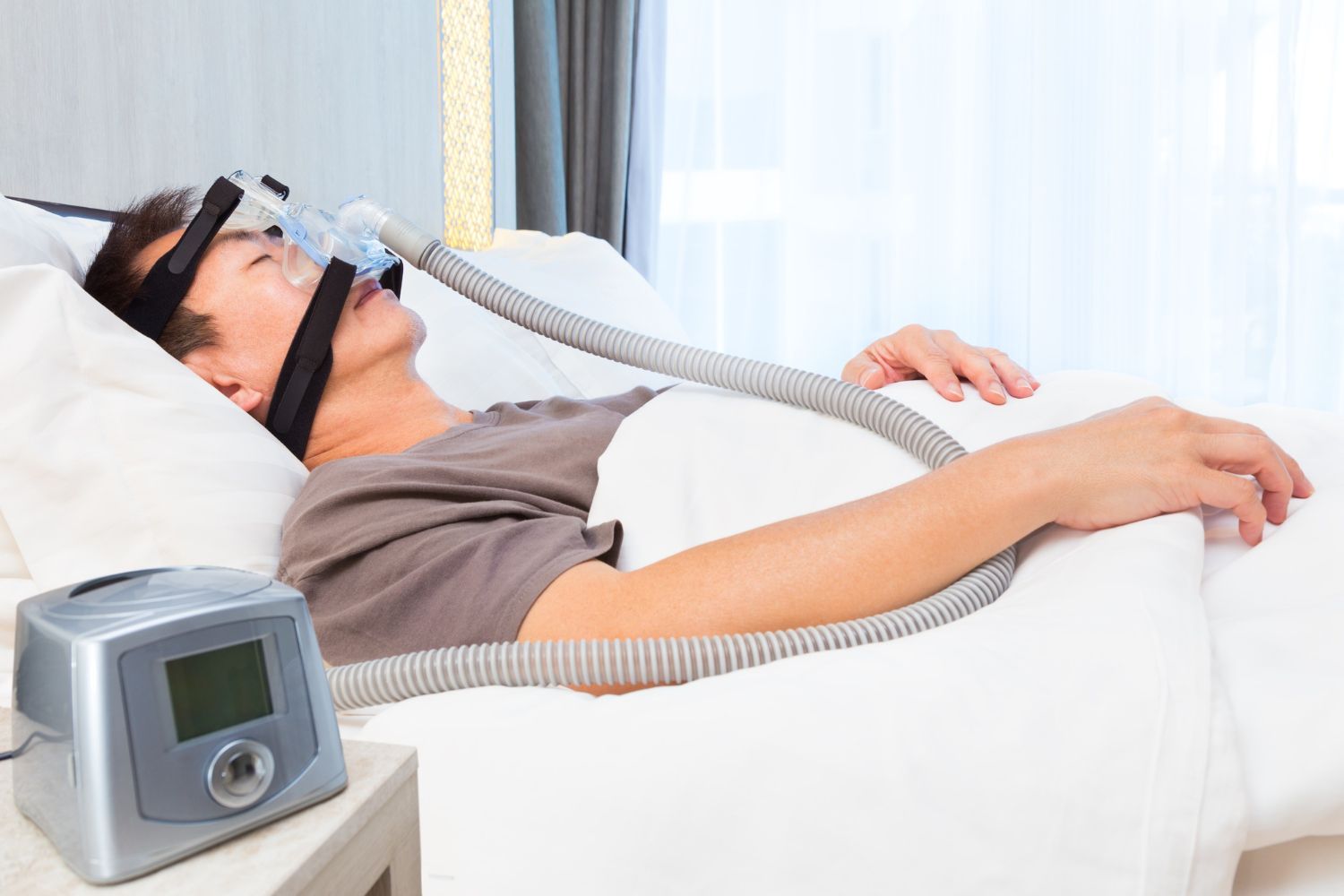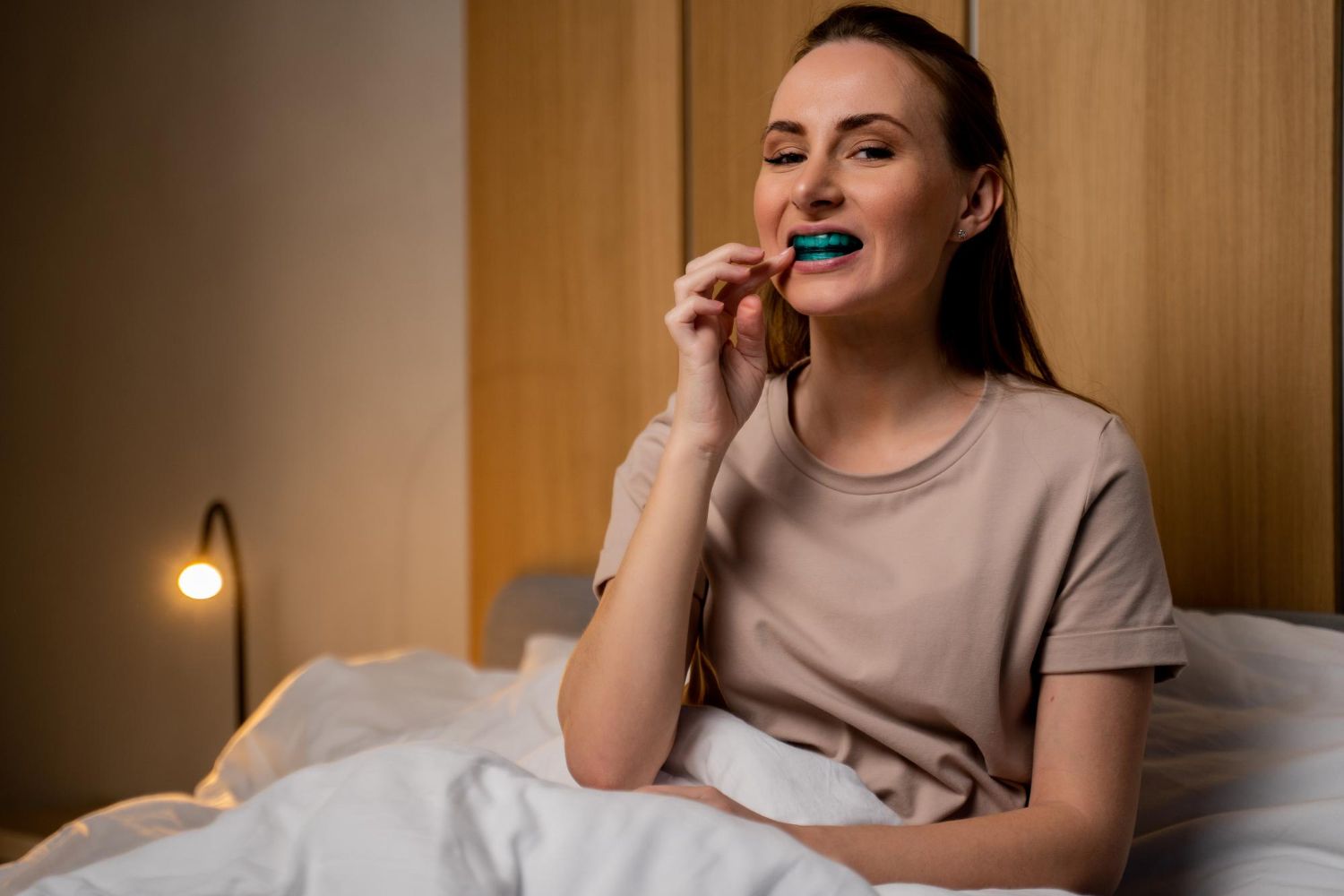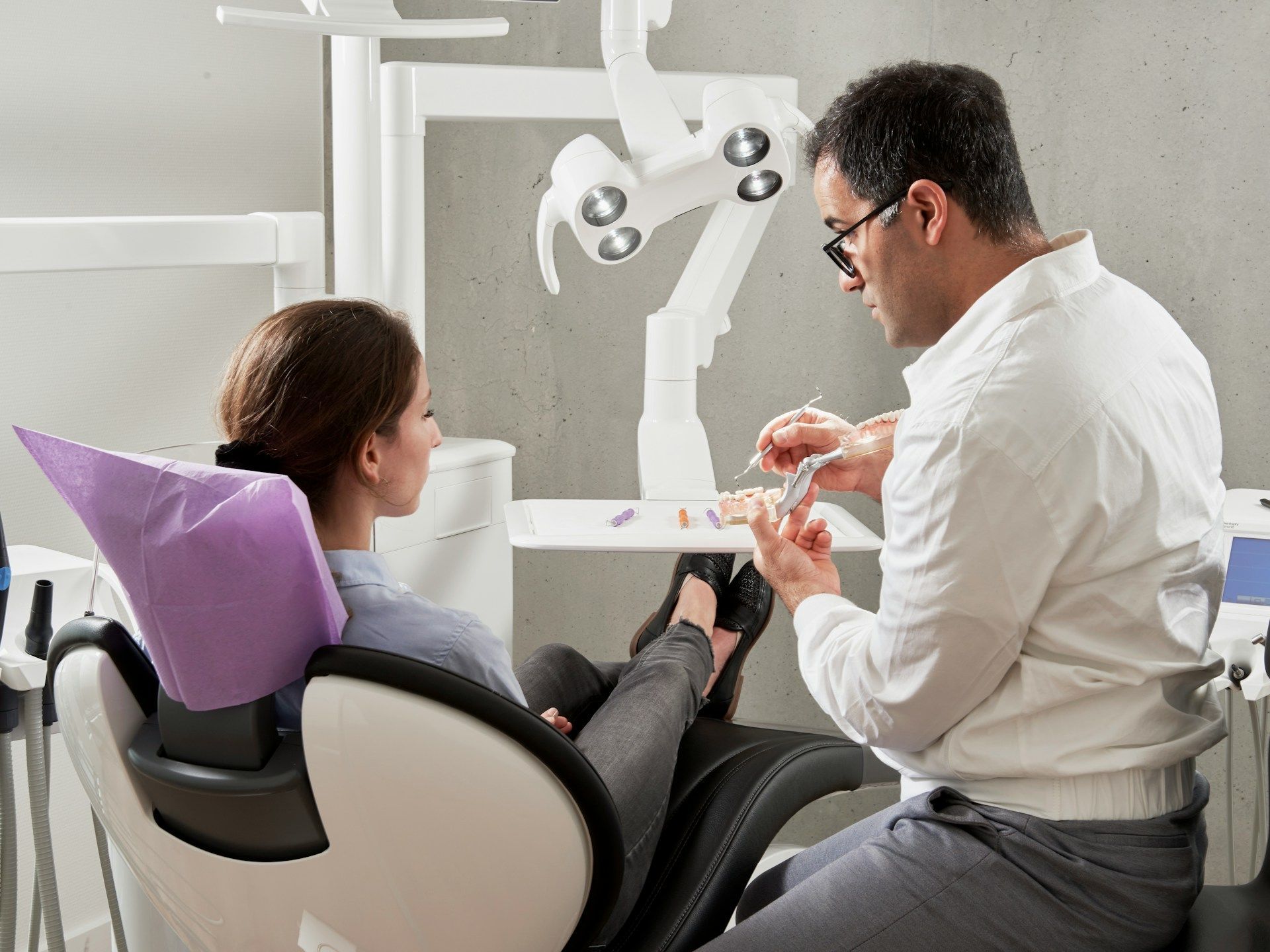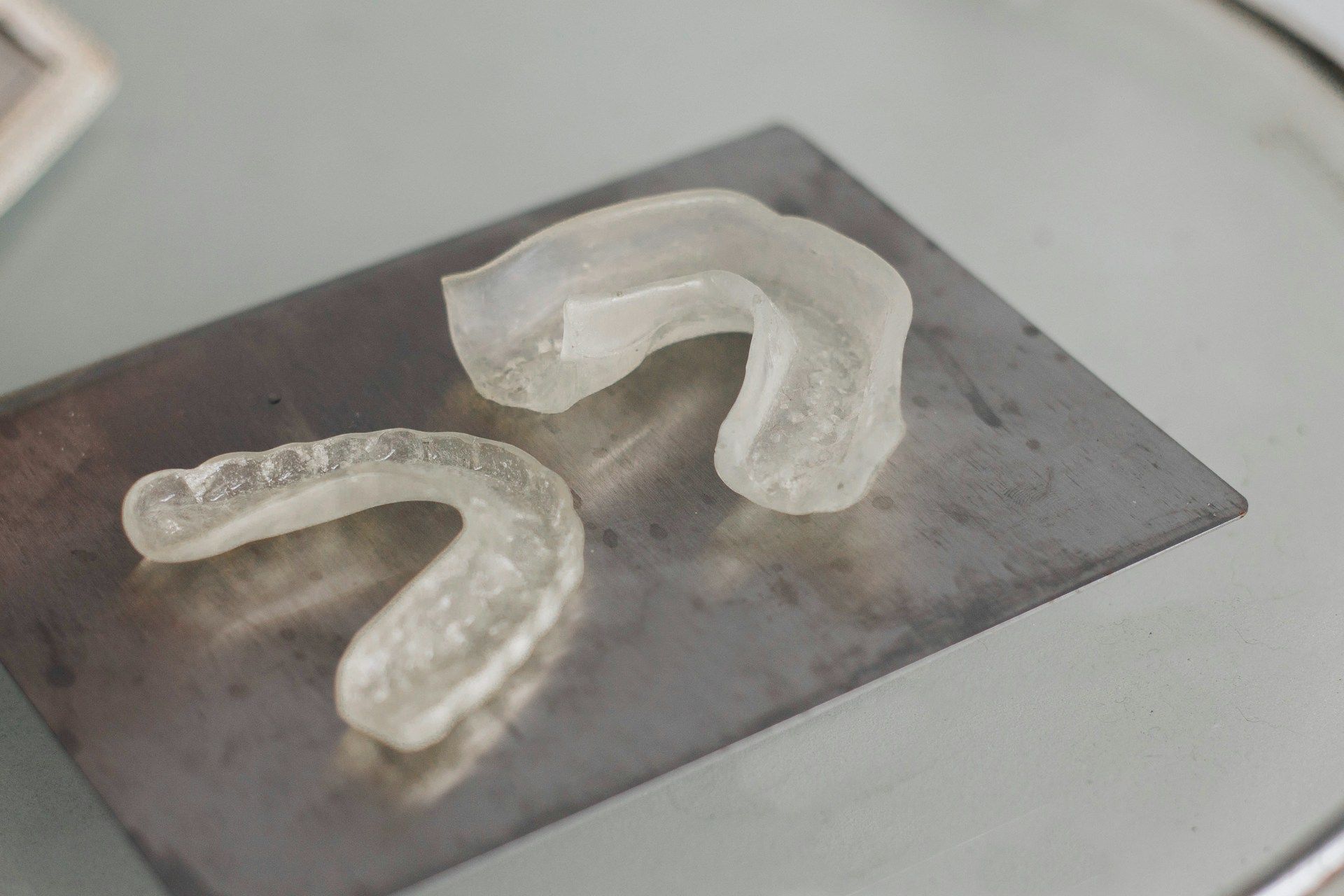Taking Care of Your Oral Appliances
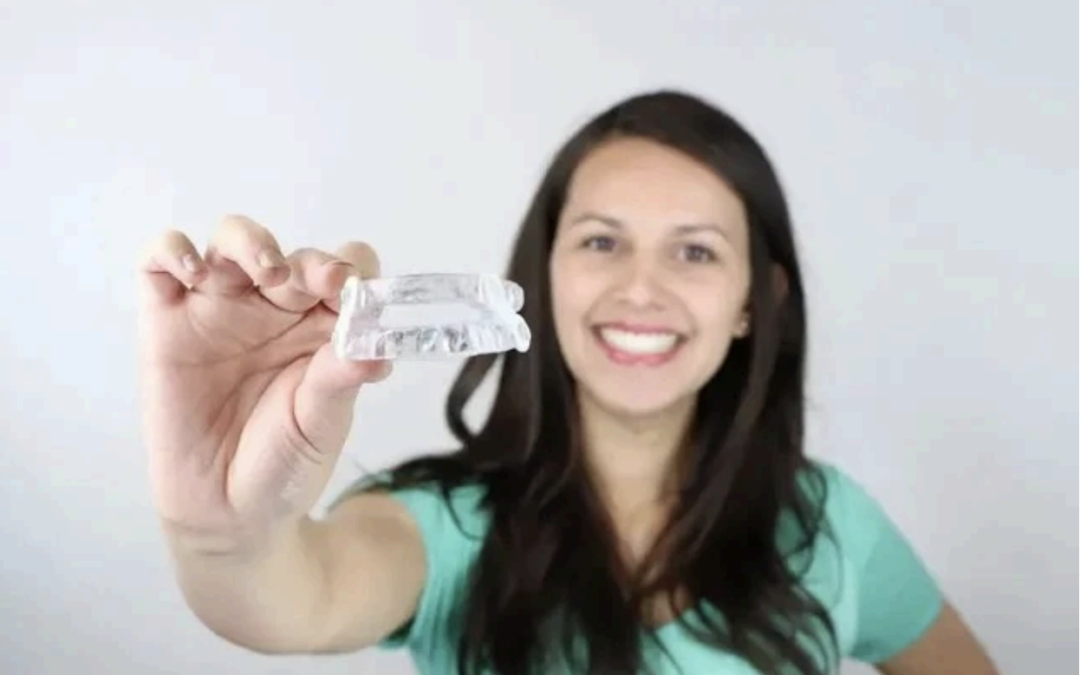
In order to maintain the longevity and efficacy of your oral appliance, proper maintenance is essential. Here are some general guidelines to help you maintain good hygiene and extend the life of your appliance, regardless of whether you use a mouthguard, retainer, night guard, or any other type of oral device.
Cleaning the appliances
Use a soft toothbrush and mild soap or non-abrasive toothpaste to clean your oral appliance on a regular basis. Toothpaste with abrasive particles should be avoided since it may cause scratches on the appliance’s surface. To get rid of any spit or debris, give your gadget a quick water rinse after each usage. This lessens the chance of bacterial growth.
Storing Oral Appliances
Keep your oral appliance in a dry, clean container while not in use. This shields it from dirt, microorganisms, and harm. To stop the growth of mold or offensive odors, make sure the storage container has enough ventilation.
Avoid harsh Chemicals
The contour of your oral appliance could be distorted if you clean it with hot water. Alcohol-based solutions and harsh chemicals can harm the material.
Regular Check-ups
To make sure your oral appliance is in good shape and fits correctly, schedule routine examinations with your dentist or orthodontist. Rather than trying to make modifications on your own, speak with your dentist if your appliance needs to be adjusted. If your orthodontist or dentist gave you particular directions for maintaining your oral appliance, be sure to adhere to them.
Treat with Caution
Take caution when handling your oral appliance to avoid unintentional drops that could cause damage. Avoid applying too much pressure while biting into your oral appliance as this could cause fractures or fissures.
Keep Away from Pets
Pets may be drawn to the smell of your oral appliance and may chew on it, which could be harmful, so keep it out of their reach.
Replace as necessary
Over time, oral appliances—particularly retainers and night guards—may become worn out. See your dentist if there are any symptoms of wear and tear to find out if a replacement is required.
